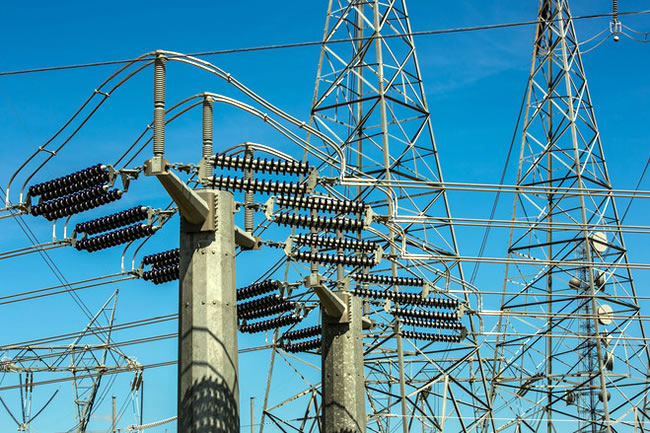Gasification plants can end unstable power supply, using 100% local content
By Jeph Ajobaju, Chief Copy Editor
A university don has proposed the injection of 7,000 megawatts (mw) of electricity from 10 gasification plants in each of the 774 councils in Nigeria to ensure stable power supply across the country within 3 years.
The idea came from Emenike Ejiogu, a professor and engineering faculty of Dean, University of Nigeria, Nsukka (UNN).
Ejiogu, also the Director of Africa Centre of Excellence for Sustainable Power and Energy Development (ACE-SPED), said Nigeria must adopt energy mix to tackle the energy crisis crippling the economy as the national grid is not sufficient.
He spoke as the 190th Inaugural Lecture of UNN, stressing 7,000 mw of electricity can be injected into each of the 774 councils through distributed energy generation.
He explained UNN gasification plant is an engineering system designed and fabricated with 100 per cent local content, which converts organic solid materials into synthetic gas for electric power generation and other uses.
His words: “The conventional power industries in Nigeria with huge generating plants, produce huge amount of power and transmit it at a long distance.
“The disadvantage of this is that you have to cover the entire country with transmission lines which would result in huge financial losses. The technical manpower is not equally there to maintain this power arrangement because most of the materials are imported.
“In this situation, the best thing to think of is distributed-generation of energy. This can be done by creating micro and mini grids across locations in Nigeria so that we can generate power and distribute locally.
“Gasification plant is one of the enabling technologies that can help you achieve this. The advantage of distributed-generation is that you can generate your power locally and manage it locally.
“When you have a lot of these micro and mini grids, you can begin to tie them together so that in the end, you will have a network.
“With this arrangement, you can infuse a huge amount of energy into our power sector without huge investment in transmission lines and other materials.
“This is an enabling technology because you can easily go into the 774 local government areas across the country and give each of them 10 megawatts of power which would result in 7,740 megawatts of power. This is already more than what our national grid is generating and transmitting.
“If the political will is there, you can infuse a huge amount of energy in our sector within a period of two to three years. It is only the gasification technology that can give you that flexibility because we would be producing fuel from waste materials and coal which are in abundance in this country.”
_________________________________________________________________
Related articles:
Unstable power supply costs manufacturers N10tr yearly
Nigerians paying $40m monthly for electricity not supplied
Private power generators cost Nigerians N12tr yearly
__________________________________________________________________
Political will required
“With the current epileptic power supply in the country occasioned by the frequent collapse of the national grid, this is time to give proper attention to alternative power source,” Ejiogu added, per Vanguard.
“Our designed gasification plant converts solid wastes into gas, just like the refineries which turn crude oil into petrol and other products. What we need is the fund to mass produce it.
“Organisations can comfortably depend and run on it, what is required is to change the already existing diesel generators and modify them to run on gas and it will serve as mini-grid.
“Depending on public power supply alone has negatively impacted on production outputs and services of organisations in Nigeria, which as well has affected the national economy because some organisations can no longer operate under the epileptic power supply with the price of diesel always on a high side.”
UNN Vice Chancellor Charles Igwe, a professor, who chaired occasion, insisted Nigerian universities cannot be really autonomous without being able to produce marketable goods and services that would make them self-sustaining.
He described Ejiogu’s lecture as germane because the country is grappling with unstable power supply, and keying into Ejiogu’s alternative power generation would save the cost of running only on conventional electricity.













